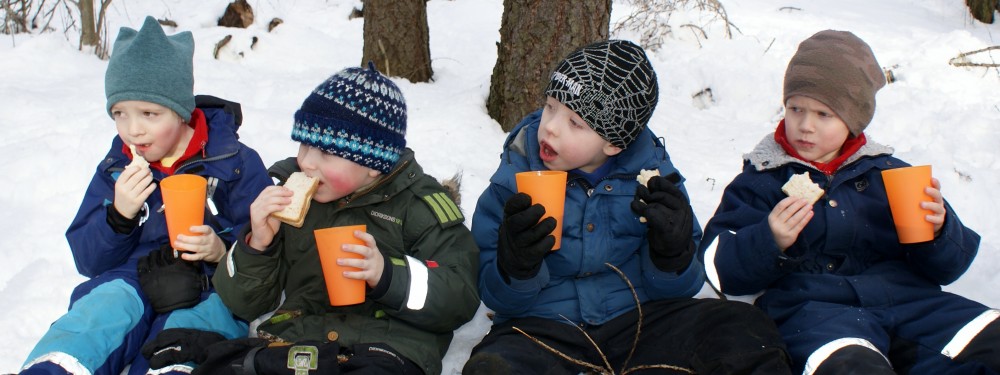Risky play is often defined as play that provides opportunities for challenge, testing limits, exploring boundaries and learning about injury risk. Outdoor learning provides children with the opportunity to engage in a riskier experience, where they can seek out challenges. Both the risk and responsibility that is experienced with outdoor learning leads to children becoming more self-confident and independent.
In today’s society there are an ever increasing number of rules and regulations in children´s play areas, such as, no ball games and no climbing. Parents are often too concerned about traffic and other dangers to allow their children to ride bicycles, play games, and explore outdoor areas. Instead children are limited to playing in their back gardens or local parks. Due to this over-regulation of play areas children are unable to engage in risky play and therefore are unable to learn about dangers and risk taking. Children enjoy taking risks and finding ways to cope with challenges.
Schools should provide children with outdoor areas where they can engage in positive risk-taking situations, challenges and excitement. A failure to provide children with these experiences could cause problems with their health, well-being, and development at a later stage. Trees for climbing, rocks for jumping off, and slopes for running down are all ideal ways that children can engage in risky play and learn about their own abilities.
Enjoying the risk of tree climbing

